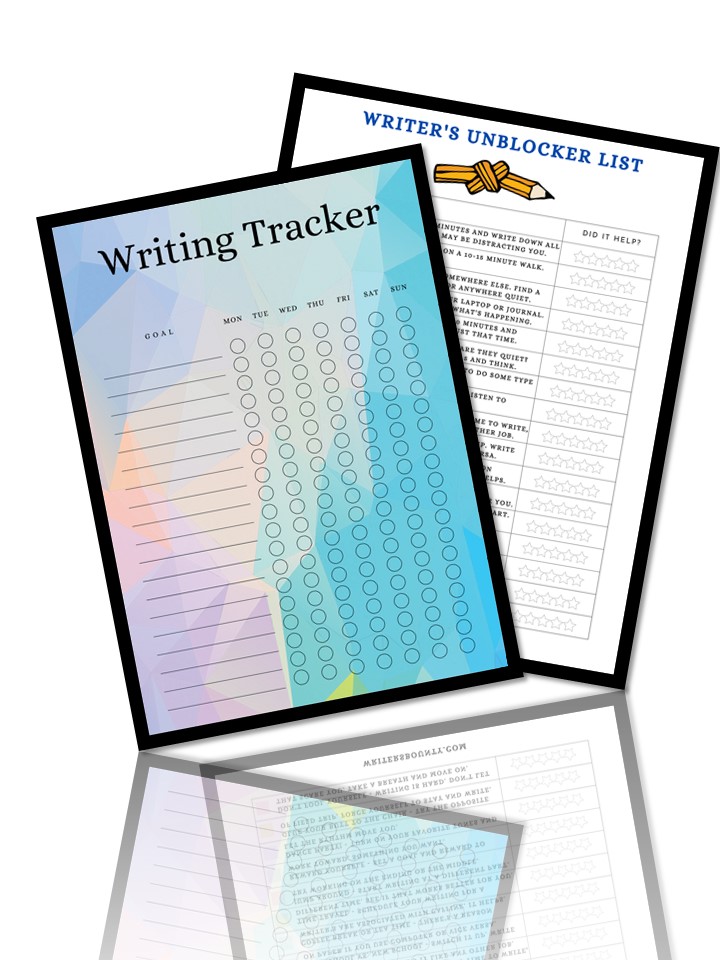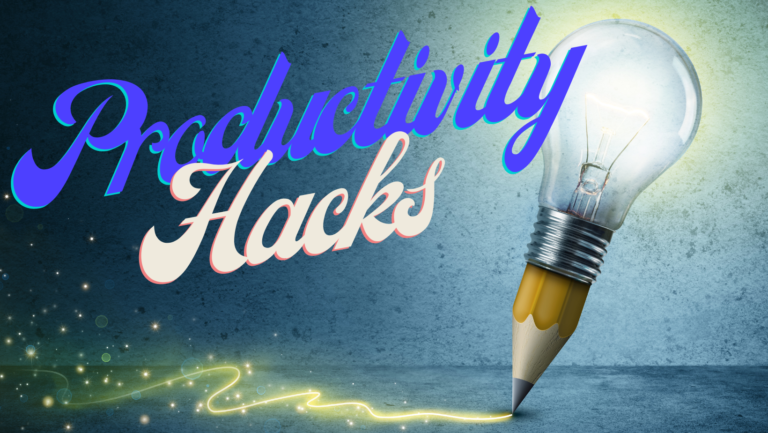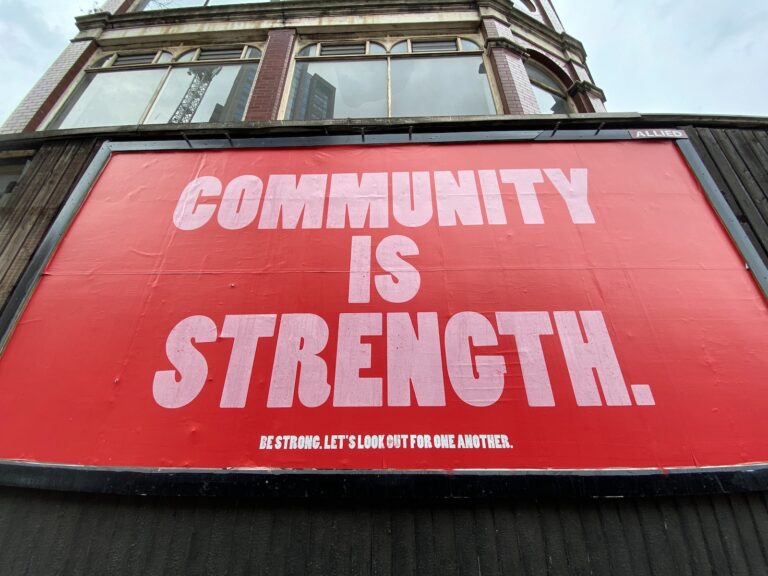Overcoming Writer’s Block: An Insider’s Comprehensive Guide
We’ve all been there, right? That pesky blank screen, the cursor blinking back like it’s challenging us to a duel. Well, guess what? We’re here to tell you that this enemy called “writer’s block” isn’t unbeatable. In fact we’ll soon have you overcoming writer’s block in no time!


Understanding the Beast: What is Writer’s Block?
First things first, let’s shake hands with the beast – writer’s block. Sounds like a horror movie villain, doesn’t it? But no need to fret. It’s simply that prickly period when we writers feel like we’re trudging through a creative desert, without an oasis of new ideas in sight. Can’t get those words out or experiencing a creative freeze? That’s writer’s block in a nutshell.
But here’s the kicker: it’s not a scarlet letter on your writing prowess. It doesn’t mean you’re all out of brilliant ideas. What it really means is you’re human, like the rest of us. In fact, even the most accomplished writers have tangoed with this beast from time to time.
The Many Faces of Writer’s Block
Writer’s block is a chameleon, appearing in various forms and intensities. Sometimes it lurks around for a few hours, just enough to throw you off your game. Other times, it digs in its heels for days, or even weeks, making every sentence feel like an uphill battle. It can manifest as a struggle to start a new project, an inability to finish one, or a general decrease in productivity.
The Origins of Writer’s Block
Though it may feel like it, writer’s block doesn’t materialize out of thin air. It usually stems from psychological factors such as anxiety, self-doubt, or perfectionism. Life stressors can also play a significant role, as can physical factors like exhaustion. So, if you’re grappling with this beast, remember, it’s not about a lack of talent or ideas. It’s usually your mind’s way of telling you something’s off balance.
The Silver Lining: It’s Conquerable!
The good news is, just like any other villain, writer’s block has its weaknesses. It might seem indestructible when you’re in the thick of it, but it’s not. With the right strategies, a bit of patience, and a healthy dose of self-compassion, you can send it packing and get those creative juices flowing again. The next sections will give you a battle plan to do just that, so stick around!

The Power of Routine: Your Secret Weapon
So, you’re ready to go toe-to-toe with writer’s block? Great! Let’s introduce you to your secret weapon: routine. Now, don’t let that yawn escape just yet. Though routines might sound as exciting as watching paint dry, they’re actually incredibly powerful tools in your writing arsenal.
Why Routine Matters
Here’s the deal: routines and creativity might seem like two ends of the spectrum, but they’re more like two sides of the same coin. Establishing a routine is like building a creative runway for your ideas to take flight. It’s about creating a structure that gives your mind the space and freedom to explore and express.
Your Mind on Routine
Think of your mind as an engine. It needs to be warmed up before it can hit full speed. Having a consistent writing schedule is like a gentle nudge to your brain, signaling it’s time to switch on ‘creative mode’. The more you stick to this schedule, the easier it’ll be for your mind to slip into this mode when it’s showtime.
Creating a Routine That Works for You
But here’s the catch: not all routines are created equal. The best routines are those that cater to your individual needs and rhythm. Are you a night owl or an early bird? Do you work better in short bursts or long, uninterrupted stretches? It’s essential to design your routine around these personal preferences for it to truly work.
Consistency: The Golden Rule
We can’t emphasize this enough: consistency is key. It’s not enough to just have a routine; you need to stick to it. Even on days when it feels like the words are playing hide-and-seek, keep going. Consistency is like a muscle—the more you exercise it, the stronger it gets.
The Takeaway
So, the next time you’re staring down writer’s block, remember the power of routine. It might not offer an instant solution, but over time, it can significantly help reduce the frequency and intensity of your block. Stick to your schedule, keep churning out those words, and before you know it, you’ll be waving goodbye to writer’s block from the rearview mirror!

Change of Scenery: A Breath of Fresh Inspiration
Feeling like you’re in a creativity rut? Maybe it’s time to shake things up a bit. And no, we’re not talking about doing a jig in the middle of your living room (though, by all means, if it helps, dance away!). We’re talking about a change of scenery—a simple yet effective trick to reignite your creative spark.
Why Changing Scenery Works
Picture this: you’re in a room with the same four walls you see every single day. The same desk, the same chair, the same view from the window. After a while, things start to blend together, right? Well, your brain feels the same way. When we’re in familiar environments, our brains tend to go on autopilot.
But here’s the cool part: changing your environment can jolt your brain out of this monotony. New sights, sounds, and smells stimulate your senses, kickstarting your brain into high gear and paving the way for fresh ideas.
Where to Go?
The beauty of this strategy is that you don’t need to jet off to a tropical island (although, wouldn’t that be nice?). Even minor changes can have a big impact. Try taking your laptop to a local park or cafe, or just switching to a different room in your house. If you’re feeling adventurous, try a weekend getaway to somewhere quiet and inspiring.
Virtual Scenery Change
Now, we understand that physically changing your location isn’t always feasible. But don’t worry, we’ve got you covered. Ever heard of virtual scenery changes? Whether it’s changing your desktop wallpaper to a calming beach view, tuning into a bustling coffee shop ambiance on your headphones, or exploring a virtual museum tour, you can trick your brain into feeling like you’re in a new location.
Embrace the Unpredictability
It’s important to remember that a change of scenery doesn’t have a guaranteed outcome. One day, a crowded cafe might stimulate a flurry of ideas, while on another, it could be more distracting than inspiring. The key is to remain open and flexible, and embrace the unpredictability. Who knows? Maybe your best ideas are waiting for you in the most unexpected places!
So, the next time writer’s block tries to crash your creative party, consider a change of scenery. It might be the breath of fresh inspiration you need to get those words flowing again!
Free Writing: Unleash Your Thoughts
There’s nothing quite as intimidating as a blank page, right? But what if we told you there’s a way to take this formidable foe and turn it into your best friend? It’s time to introduce you to the magic of free writing – a simple yet powerful technique that can help unleash your thoughts and bust through that pesky writer’s block.
What is Free Writing?
In its purest form, free writing is about letting go. It’s about setting aside your inner critic, throwing grammar and punctuation to the wind, and allowing your thoughts to flow freely onto the page. Free writing isn’t about creating a polished piece of work or even making sense. It’s about breaking down those barriers that often stand between you and your creativity.
The Science Behind Free Writing
So how does free writing help with writer’s block? Well, it’s all about freeing up your cognitive resources. When you’re worried about crafting the ‘perfect’ sentence or finding the ‘right’ word, your brain is spending a significant chunk of its energy on these details, leaving less room for creativity. By eliminating these constraints, free writing allows your brain to tap into its creative potential and generate new ideas.
How to Free Write
Ready to give it a try? Here’s how: Set a timer for a specific period (start with 10 minutes), pick up your pen (or keyboard), and write. Write about anything and everything that comes to mind. Don’t worry about spelling mistakes, grammar, or punctuation. Don’t censor your thoughts or judge your ideas. Just write. If you find yourself stuck, write about being stuck. The goal is to keep your pen moving until the timer goes off.
Uncovering Hidden Gems
Once you’ve finished your free writing session, you might be surprised at what you find. Buried within this unfiltered stream of consciousness could be the seed of a great idea or the solution to a problem you’ve been wrestling with. Don’t discard this content as ‘nonsense.’ Take the time to sift through it—you never know what gems you might uncover!
So, the next time you find yourself locked in a staring contest with a blank page, give free writing a go. It might just be the key to unleashing your thoughts and reigniting your creativity. Remember, the goal isn’t perfection; it’s liberation

Tips for Success in Overcoming Writer’s Block
Now that we’ve covered some in-depth strategies for defeating writer’s block, let’s arm you with a few more quick-fire tips to keep up your sleeve. Remember, everyone’s writing journey is unique, so what works for one person may not work for another. Feel free to try these out, modify them, or even toss them if they don’t serve you!
Set Clear Goals:
Knowing what you want to achieve from each writing session can give you a sense of direction and purpose, which can make it easier to start writing.
Take Regular Breaks:
Writing is a marathon, not a sprint. Regular breaks can help refresh your mind, prevent burnout, and maintain your creative energy.
Eliminate Distractions:
Create a distraction-free writing environment. Whether it’s turning off your phone, using a website blocker, or simply closing your door, do whatever it takes to maintain your focus.
Practice Mindfulness:
Mindfulness techniques, like meditation and deep-breathing exercises, can help quiet your mind, reduce stress, and boost creativity.
Stay Physically Active:
Regular physical activity can increase your energy levels, improve your mood, and stimulate creative thinking.
Fuel Your Creativity:
Read widely, listen to podcasts, watch documentaries. Anything that broadens your perspective can spark new ideas.
Try Writing Prompts:
When you’re stuck for ideas, writing prompts can be a great way to jumpstart your creativity.
Be Kind to Yourself:
Don’t beat yourself up over writer’s block. It happens to everyone. Remind yourself that it’s a temporary state and you will overcome it.
Stay Hydrated and Nourished:
Remember, your brain needs fuel to function optimally. Drink plenty of water and snack on brain-boosting foods like nuts, seeds, and fruits.
Celebrate Small Victories:
Every word you write is a victory. Celebrate your progress, no matter how small. This can boost your motivation and keep you going.
Remember, the most important thing is to keep writing, no matter what. Persistence and patience are your greatest allies in this journey. Writer’s block might be a formidable foe, but with these tips and strategies in your toolkit, you’re more than equipped to conquer it.
For more help, you can check out my article, “10 Easy Tricks to Help You Start Writing!” Also, check these motivational articles to get yourself moving: “Become a Motivated Writer: This Quote’s for You!,” “Have Writer’s Block? This Quote’s for You!,” or “To Anyone Struggling to Start Writing, This Quote is for You!”

Frequently Asked Questions About Overcoming Writer’s Block

Final Thoughts About Overcoming Writer’s Block
Remember, writer’s block isn’t an insurmountable wall—it’s more like a hurdle. With these tips, you’re well-equipped to leap over it and continue your journey towards creating fantastic content. Writer’s block is temporary, but your passion for writing? That’s permanent. Keep going, you’re doing great!
If you would like more ideas for fighting writer’s block, subscribe and receive a free Writer’s Unblocker Checklist as well as Printable Writing Tracker.

Writing Tracker Plus Writer’s Unblocker List
- No $$$ Needed
- Easy to Follow
- Keep Track of Your Progress
- Fight of the Evil of Writer’s Block








One Comment
Comments are closed.